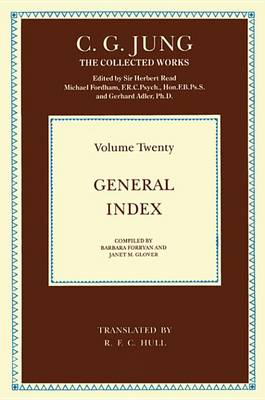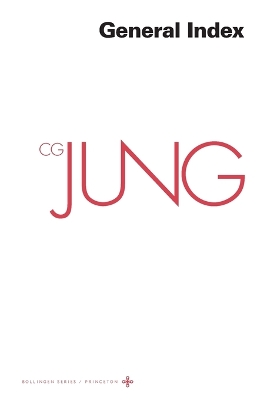Collected Works of C. G. Jung
23 total works
This volume is the general index to the eighteen published textual volumes in the Collected Works of C.G. Jung. The comprehensive indexing goes beyond the volume indexes, and includes sub-indexes to important general topics, such as Alchemical Collections, Codices and Manuscripts, Feud and Numbers, the sub-indexing for the Bible arranged by book, chapter and verse.
The General Index, with the General Bibliography of C.G. Jung's Writings (Volume 19 of the Collected Works), together complete the publication of the Collected Works of C.G. Jung in English.
For this second edition of Civilization in Transition, essential corrections have been made in the text, and the bibliographical references have been brought up to date.
This volume contains essays bearing on the contemporary scene and, in particular, on the relation of the individual to society. In the earliest one (1918), Jung advanced the theory that the European conflict was basically a psychological crisis originating in the collective unconscious of individuals. He pursued this theory in papers written during the '20s and '30s, focusing on the upheaval in Germany, and he gave it a much wider application in two major works of his last years ^DDL The Undiscovered Self, concerned with the relation between the individual and a mass society, and Flying Saucers, on the birth of a myth which Jung regarded as compensating the scientistic trends of our technological era. An appendix contains documents relating to Jung's association with the International General Medical Society for Psychotherapy.
In paperback for the first time, the detailed general index to the authoritative English-language edition of Jung’s works
This general index to the Collected Works of C. G. Jung is exceptionally comprehensive, indexing down to paragraph numbers. Some particularly important subjects are treated in subindexes, including alchemy, animals, the Bible, colors, Freud, Jung, and numbers. This is an essential reference tool for serious students of Jung.


